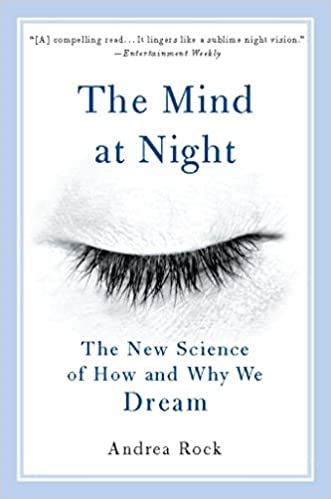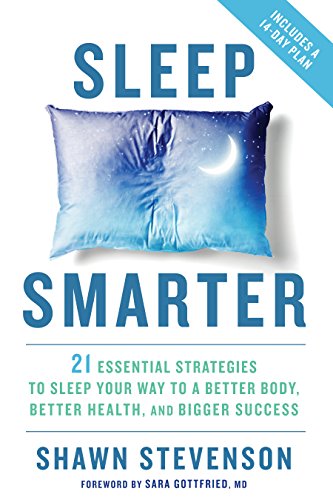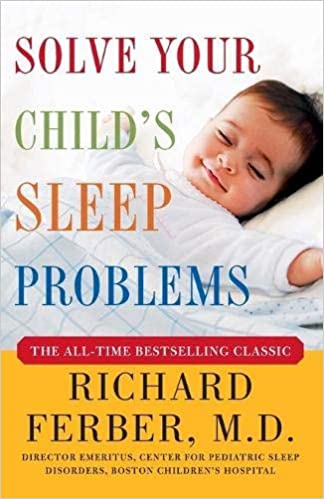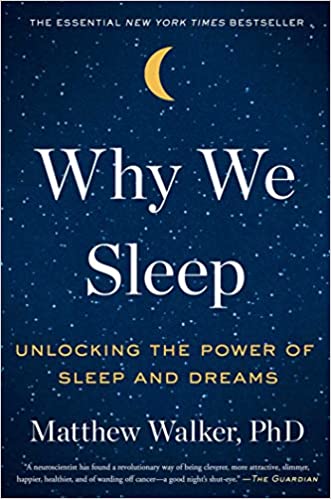“The problem with sleep is that it suffers from a lack of PR and desperately needs to be rebranded,” says Healthy Sleep author Sean Stevenson. And those are important words because the short answer to the question “what areas of life suffer from poor sleep?” – everything. A slightly longer one sounds like this: “quality sleep strengthens the immune system, maintains hormonal balance, enhances metabolism, increases physical energy levels, and improves brain function. And if you don’t give your body the right amount of rest at night, you will never – I repeat: never – get the kind of body and life you want.”
Yet in today’s pace of life, people often underestimate the importance of sleep, joking that they will “sleep it off in the next world,” or have a sleep marathon on Sundays to make up for the lack of night’s rest all at once the other days of the week (it doesn’t work that way).
So we decided to take the opportunity – this Saturday, July 27, is Sleepy Day in Finland – to give quality sleep the credit it deserves. Here are some simple tips to help you sleep better. And seven interesting books about what happens to us when we sleep.
1. The Mind at Night: The New Science of How and Why We Dream by Andrea Rock

The unrelenting, uncompromising freedom of the sleeping brain, allowing us to jump off skyscraper roofs and soar over the city, is exactly what the creative process so desperately needs, so it’s no wonder that those who are able to dream vivid, incredible dreams are drawn to creativity in real life.
This book is about what happens to our mind and brain when we sleep: why our brain doesn’t rest at night like the rest of the body, how it assembles dreams, why we only remember part of what we dream, and whether our dreams can help us solve problems and find creative solutions.
Key takeaway: Put away gadgets or block out the blue light and optimize your bedding to your needs
Ideally, stop looking at your phone an hour and a half before going to bed and take a warm bath instead. But since we’re realists, we suggest at least digging into your smartphone settings (or downloading a special program) to remove the specific blue screen light that forces your body to produce “daytime” hormones. Also, Adrea draws our attention to the importance of picking the right bedding. We all have special needs, psychological and physical conditions that should be addressed differently. The author says that if you have sleep apnea – you should get a pillow for apnea, if you have a couple and love cuddling – go ahead and buy a bed for snuggling, if you have nocturnal seizures – consult with your doctor about the sleep medicine. You should optimize your environment for your sleeping needs.
2. Sleep Smarter: 21 Essential Strategies to Sleep Your Way to A Better Body, Better Health, and Bigger Success by Shawn Stevenson

Sleep is the secret ingredient to success. There isn’t a single aspect of mental, emotional, or physical performance that doesn’t depend on how you sleep.
This book contains everything you need to know to get quality sleep, feel fresh and awake and be healthy. From this book, you will learn whether you can sleep well on weekends, if you are constantly sleep-deprived on weekdays, what time of day to exercise to sleep better, how to equip a room for sleeping, whether it is acceptable to use gadgets in the evening and much more.
Key takeaway: Drink coffee only in the first half of the day.
The advice not to drink an invigorating beverage at bedtime has probably been familiar to you for a long time. What you may not have known is that caffeine can have different effects on different people. For some people, even a cup of coffee drunk at lunchtime guarantees problems with nighttime relaxation.
3. Sleep Mysteries: From Insomnia to Lethargy by Mikhail Poluektov
Have modern people begun to sleep less? After all, scientific and technological progress is accompanied by greater intensity of labor activity, hence a greater need for rest. A group of American scientists managed to answer this question. In 2016, they summarized the results of studies that included objective assessment of sleep by polysomnography over the past 50 years and were surprised to find that sleep duration had not changed statistically significantly (i.e., enough to be a scientific fact).
Sleep and dreams have always been shrouded in mystery beyond human understanding. The mysteries of sleep have been sought for explanations, both mystical and based on a scientific approach. The emergence of the latest methods of studying brain activity, modern possibilities of genetic and biochemical research have made it possible to find out why, how, and how much we actually sleep. What today’s science knows about sleep–as well as such conditions as insomnia, lethargic sleep, lucid dreaming, and more–is covered in this book.
Key takeaway: Get exposed to the sun more often during the day.
It has been scientifically proven that optimal levels of vitamin D, which is produced by exposure to sunlight, help establish a proper sleeping pattern.
4. Waltz of hormones: weight, sleep, sex, beauty and health as per notes by Natalia Zubareva
With the help of properly selected and prepared foods can regulate many processes, down to the hormonal background, and successfully solve a variety of health problems.
The author of this book is a doctor who specializes in hormonal health and nutrition to balance the endocrine system. After reading it, you will learn not only how to get rid of insomnia, but also how to: reduce weight; normalize the female cycle; become a beauty with perfect skin, nails and hair; feel the wings behind your back, and an endless flow of energy and strength. In short, there are dozens of answers to the most important and serious questions about women’s health in front of you.
Key takeaway: Choose a light dinner.
A heavy meal at night will make the body mobilize and forget about sleep and rest. Therefore, the choice of the right soni in the evening is a small portion of protein with healthy fats and greens.
5. Sleep. Why we sleep and how we do it best by Peter Spork

Weigh issues have a direct connection with sleep deprivation. In recent years, many scientists have proved in a variety of experiments that people who have poor sleep are more likely than others to be obese.
German neurophysiologist and popularizer of science in an accessible and clear form tells us about the physiological mechanisms of sleep, the various manifestations of sleep disorders, animal sleep, sleep learning and offers a series of tests to identify and correct some of the disorders of this function. The book contains the latest scientific data and will be of interest to researchers-somnologists and practitioners, as well as to all those interested in this subject.
Key takeaway: Shade the room before going to bed.
Special receptors on the human body can sense light and send erroneous signals to the brain that it is not yet time for sleep. Therefore, window lights and glowing appliances in the room can interfere with a good night’s rest.
6. Solve Your Child’s Sleep Problems by Richard Ferber

The habit of running away from a sleeping child at night does not build their trust in you, and to sleep well, you need to trust the world.
Dr. Richard Ferber is a world-renowned expert on sleep issues in children of all ages, from newborns to teenagers. His book incorporates the experience accumulated over 20 years of practice and research. It describes a wide range of all kinds of sleep disorders from the simplest, when a child does not want to fall asleep without a long rocking, to the serious, caused by diseases such as bedwetting and narcolepsy. For each of these, solutions are offered from which parents can choose the most appropriate one.
Key takeaway: Go to bed on time
It has been found that body recovery and hormone production
7. Why We Sleep: Unlocking the Power of Sleep and Dreams by Matthew Walker

Sleep is the single most effective action we can take to regulate our brain and body every day. It is Mother Nature’s best weapon in confronting death.
Until recently, science did not have a complete understanding of the mechanisms of sleep, the full range of its beneficial effects, and why the effects of chronic sleep deprivation are detrimental to health. Eminent neurologist and scientist Matthew Walker summarizes the latest research on sleep and invites us to talk about one of the most important aspects of our existence.
Key takeaway: Ventilate your bedroom before you go to sleep.
Scientists have been able to determine quite accurately the optimal conditions for quality sleep: the air temperature in the room should be about 59-68 F.
